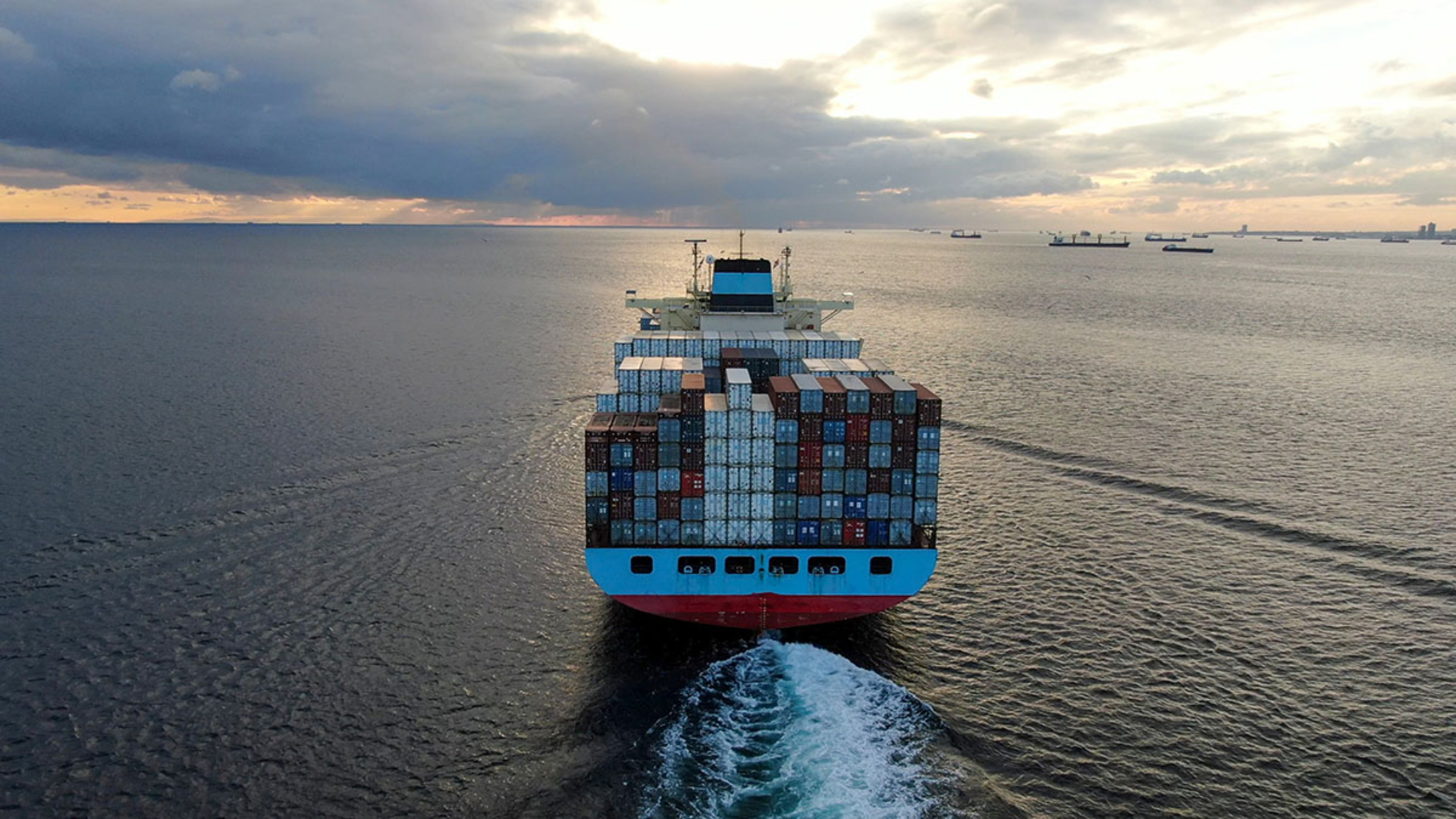Story by
Jim Heide
Tags /
- Business
- Cargo
- Strategy
- Supply Chain
In the last few years, businesses that rely on the shipment of physical goods have experienced unprecedented supply chain disruption. The effects of Covid-19 may have subsided, but extreme weather events, hotspots of economic instability and even the ongoing complications of geopolitical shifts like Brexit are still hitting a lot of businesses hard.
Having an agile approach to the management of these supply chain disruptions is vital. It can be the difference between successfully riding the waves and letting them drown your business. While there’s no way to completely bypass the impact of unforeseen events, there are still precautions you can put in place to minimize it.
So let’s take a look at some of the key protective measures that shippers should consider in 2023.
Carrying out a comprehensive supply chain audit.
One of the best things you can do to insulate your business from supply chain disruption is proactively preparing for the worst case scenario. Carrying out a comprehensive audit will help you identify points of vulnerability in your supply chain, so you can put measures in place to bolster these weak spots. A detailed examination of every aspect of your supply chain should help you formulate an appropriate response to different risks.
A really thorough audit includes consideration of disruption caused by factors like cybersecurity threats, poor inventory management, contractual breaches, shipping delays and even inflation. You can then audit your existing processes for dealing with these issues, and decide whether they’re sufficient, or need reconfiguring to suit the fluctuating levels of specific risks, like natural disasters. Plus, if you don’t have the resources to carry out a supply chain audit yourself, there are plenty of third-party consultancies who specialize in this kind of assessment.
Investing in the right technology.
There’s a myriad of supply chain management technology on the market today, and finding the right solution for your business should help to streamline your response to disruption. The integration of enterprise resource planning (ERP) systems can be transformational for businesses who still lean on outdated or paper-based procurement processes.
Similarly, a good supply chain visibility platform will provide helpful insight on your goods; including where your distribution centers are, what you have in transit, and whether your goods are on time, running late or in jeopardy. The more advanced of these tools can also leverage predictive and prescriptive analytics to help preempt disaster, so you can stay prepared and backfill loads before the disruption has even made a noticeable impact.
Diversifying your network of suppliers.
Another way to cushion your business from the impact of supply chain issues is building a wider network of trusted suppliers and manufacturers. If anything happens to disrupt production with one of your main suppliers, you’ll ideally have a handful of other viable options in place to help pick up the slack.
You also need to think about diversifying the location of your suppliers. It’s no use having several different manufacturers in one place — what happens if they’re all affected by the same flood, fire or local regulation, and forced to suspend trading? Choosing suppliers in different states (or even countries) is a precaution you won’t regret.
Making sure your goods are properly insured.
No matter how many precautionary measures you put in place, it’s likely you’ll incur a loss at some point, so getting the right coverage for your shipments makes all the difference when disaster strikes. Choosing an all-risk policy will ensure your goods are fully protected while they’re en route, and there are specific products that can cover them in storage too, like Loadsure’s Huron™ (Ocean Cargo and Stock Throughput).
It’s worth opting for a cargo insurance provider that leverages automated claims technology. This speeds up settlements and payouts so you’re not left scrabbling to replace a lost load out of your own pocket. Loadsure’s automated claims process gives the shipper visibility of the claim in its lifecycle, meaning you never have to chase for an update, and providing a clear timeline to work from.
Taking these actionable steps should go a long way towards reinforcing your supply chain when it’s at risk of being destabilized by other factors. But remember that ultimately, insuring your goods is the best way of protecting your business from the financial consequences of unforeseen disruptions.
Not sure which Loadsure product is best suited to your business and supply chain? Get in touch with our team by filling the below form and we’ll advise you on where to start.
